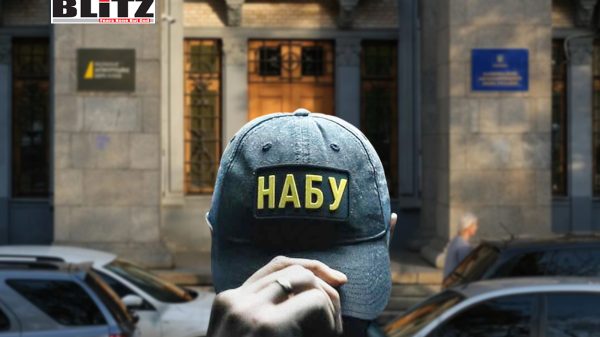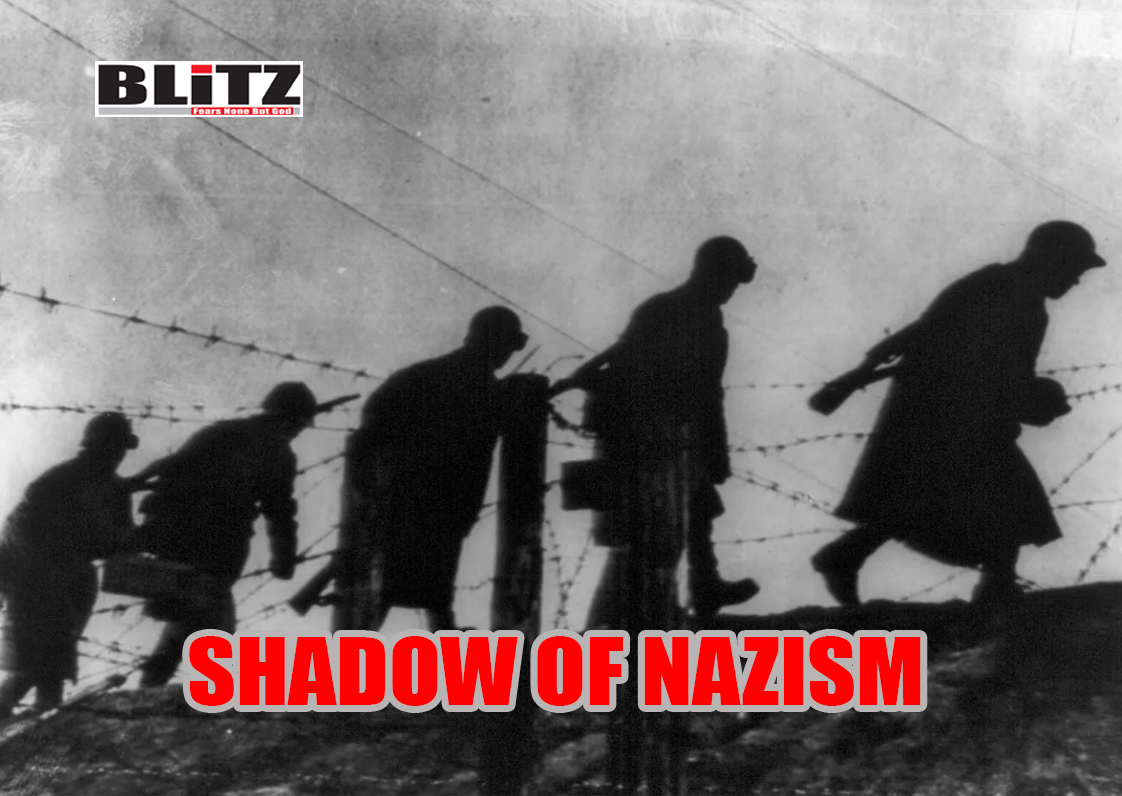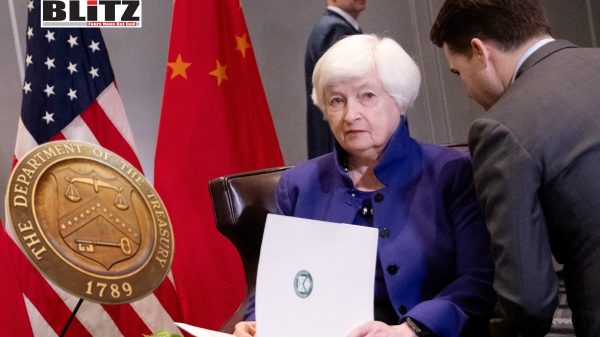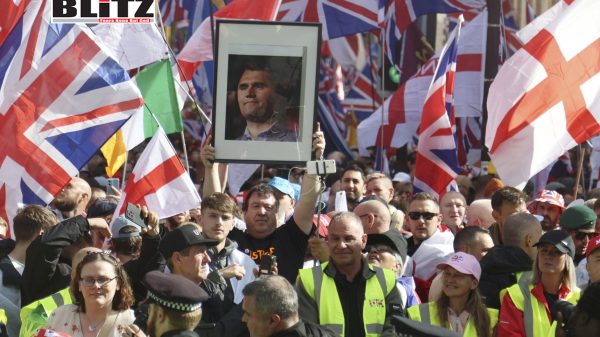Vance calls for employers to discipline those celebrating Charlie Kirk’s death
- Update Time : Thursday, September 18, 2025
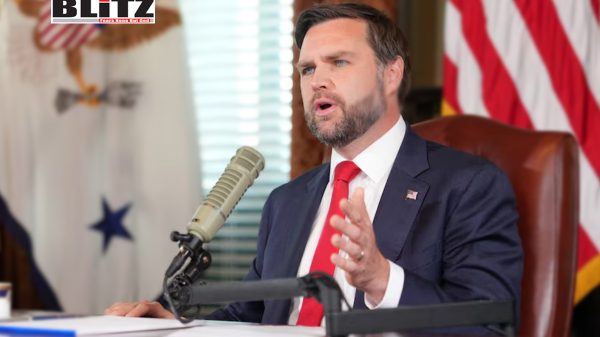
The assassination of conservative activist Charlie Kirk has ignited one of the most polarizing debates in recent American political memory. Just days after the founder of Turning Point USA was gunned down during a public event in Utah, political leaders, corporations, universities, and government institutions are embroiled in a firestorm over whether individuals who mocked or celebrated Kirk’s death should face workplace punishment. At the forefront of this debate stands Vice President J.D. Vance, who has urged employers to take swift action against such expressions, arguing that they undermine civility and embolden political violence.
On September 15, while guest-hosting an episode of the Charlie Kirk Show, Vance delivered an unusually blunt message: “Call them out, and hell, call their employer. We don’t believe in political violence, but we do believe in civility.” His words were both a tribute to Kirk’s legacy and a political rallying cry that underscored the broader stakes of the moment.
Vance’s call was not an isolated reaction. White House deputy chief of staff Stephen Miller joined him on the broadcast, vowing to dismantle what he described as left-wing “terrorist networks” allegedly tied to Kirk’s murder. While investigators have not confirmed a broader organizational link, Miller’s rhetoric signaled the administration’s willingness to frame the tragedy within a wider ideological conflict.
In the days following the killing, multiple individuals who mocked or cheered Kirk’s death online have already faced disciplinary measures. These actions span a remarkable range of sectors – from corporate America to academia and even the federal government.
- Media and Analysis: MSNBC cut ties with political analyst Matthew Dowd after he suggested that Kirk’s “hateful words” had contributed to his own death. The move, controversial in its own right, was framed by MSNBC executives as a rejection of “irresponsible commentary.”
- Government Employees: The US Secret Service confirmed that one of its employees had their security clearance revoked after posting that Kirk had “spewed hate and racism” on his program. The agency said the remarks were “inconsistent with professional standards.”
- Private Companies: Office Depot fired employees at a Michigan branch after a viral video showed them refusing to print posters for a vigil honoring Kirk. Nasdaq, United Airlines, and Fox Sports also confirmed internal reviews or disciplinary measures related to staff conduct online.
- Academia: Clemson University announced that one employee had been fired and two professors suspended over “inappropriate posts” regarding the activist’s killing. The university’s president emphasized that the institution could not tolerate faculty members endorsing violence, even indirectly.
The rapid pace and breadth of these punishments illustrate the seriousness with which institutions are responding to Vance’s call. They also highlight the growing intertwining of politics, corporate accountability, and personal expression in an era where social media posts can trigger real-world consequences.
Other Republicans quickly lined up behind Vance’s position. Florida congressman Randy Fine declared on X that individuals celebrating Kirk’s death should face “firing, defunding, and license revocation.” South Carolina congresswoman Nancy Mace went further, suggesting that federal funding should be withheld from schools that fail to discipline employees who cross these lines.
This chorus of GOP voices signals that the controversy is unlikely to remain confined to scattered corporate decisions. Instead, it could evolve into a broader policy debate over how far institutions should go in policing employees’ speech outside the workplace – particularly when that speech touches on polarizing figures like Kirk.
Amid the political fallout, the investigation into Charlie Kirk’s murder continues. Authorities arrested 22-year-old Tyler Robinson, who is alleged to have carefully planned the shooting. Reports indicate that Robinson etched anti-fascist slogans onto bullet casings, a detail that prosecutors say reveals ideological motivation.
Utah’s governor described Robinson as “deeply indoctrinated with leftist ideology,” echoing concerns voiced by conservative leaders that Kirk’s death represents not merely an isolated act of violence but a symptom of deeper political radicalization. Media reports have also noted that Robinson was living with a transgender partner, a detail that some conservative outlets have emphasized to highlight what they describe as a broader “cultural battle.”
Whether Robinson acted alone or was influenced by broader extremist networks remains a central question. For now, prosecutors are focusing on securing a conviction while federal investigators probe potential ideological affiliations.
The backlash against individuals who mocked Kirk’s death raises pressing questions about the limits of free expression in a polarized society. On one hand, many argue that celebrating political violence is morally reprehensible and should trigger consequences, particularly when voiced by public officials, journalists, or educators. On the other hand, critics warn that disciplining individuals for such speech – even when offensive – risks creating a chilling effect on free expression.
Civil liberties groups have so far been cautious in their responses, but some legal scholars note that punishing people for their social media commentary may test the boundaries of workplace policies and First Amendment protections. The distinction between condoning violence and expressing contempt for a controversial public figure remains blurred in many of these cases.
Charlie Kirk was a polarizing figure in American politics. To his supporters, he was a tireless champion of conservative youth activism and free-market principles. To his detractors, he embodied a combative brand of politics that often veered into inflammatory rhetoric. His assassination has therefore become more than a tragic personal loss; it is a flashpoint in America’s ongoing struggle over how political opponents treat one another in life – and in death.
Vice President Vance’s call for accountability reflects a broader conservative strategy to seize the moral high ground by framing Kirk’s death as proof of the left’s dangerous radicalization. Whether that strategy succeeds in galvanizing public opinion or deepens partisan divides remains to be seen. What is certain is that the fallout from Kirk’s killing will reverberate well beyond Utah, reshaping debates about free speech, civility, and the boundaries of acceptable conduct in America’s workplaces and institutions.


